What You Need To Know About Carrageenan – 4 Risks To Consider (Safe Food Additive or Dangerous Carcinogen?)
Carrageenan: Safe Food Additive or Dangerous Carcinogen? – 4 Risks To Consider
Overview
Carrageenan is a plant-based food additive commonly found in ice creams, soups, sauces, canned drinks, dairy products, non-dairy milk, pet foods, meats, and other processed products. It is a vegan alternative to gelatin that helps to thicken, stabilize, emulsify, or give texture to the food preparation. It also acts as a food binder that prevents ingredients in packaged foods (such as chocolate milk) from separating or losing consistency.
In the last few decades, carrageenan’s use in the food industry has been mired in controversy. Scientists have been warning about its health risks, and activists have time and again called for a ban. These concerns are based on the growing evidence that links carrageenan consumption with several health problems, including digestive disorders, stomach ulcers, rheumatoid arthritis, inflammatory bowel diseases, and even colon cancer.
However, some scientists have refuted these claims and pointed out that different types of carrageenan are often confused with each other.
Let’s have a closer look.
What is carrageenan?
Carrageenan is derived from Irish sea moss—a type of red seaweed that is highly nutritious and has medicinal properties. But carrageenan itself does not have any nutritional value. It is an indigestible gelatinous substance that simply absorbs water and forms gel. Technically classified as a soluble dietary fiber, it has been traditionally used as a bulk laxative.

Today, carrageenan is one of the most widely used food additives found in almost everything, from protein shakes and powders to frozen pizzas and deli meats. It serves as a binding and gelling agent to improve the taste and appearance of packaged foods. Carrageenan is also used as a fat substitute in low-fat drinks. It binds well with proteins, helping to make low-fat drinks creamier and tastier.
The carrageenan used in processed foods is, however, different from the one used historically in Irish cooking.
How is carrageenan used?
Two types of carrageenan are widely used across the globe.
Food-grade carrageenan: Naturally extracted carrageenan is processed with alkaline substances and then added to various food products. Its use in foods has been approved by the FDA. Food-grade carrageenan is used in processed dairy products, non-dairy milk, diet drinks, coffee creamer, low-fat creams, barbeque sauces, lean meats, processed chicken, canned broths, and vegan desserts.
Apart from foods, carrageenan is also used in cosmetics, pharmaceutical drugs, toothpaste, aerosol sprays, and other household products.
Degraded carrageenan: Carrageenan is treated with acids at high temperatures to create degraded carrageenan, known as poligeenan. It is a well-known toxic substance that is clinically used to induce inflammation. It helps in testing the efficacy of anti-inflammatory drugs and herbs. Degraded carrageenan is considered unsafe for human consumption and is not approved in foods.
Is carrageenan safe for consumption?
The fact that poligeenan is also referred to as ‘carrageenan’ has led many people to dismiss the controversy as a mere confusion of names. However, scientists argue that even this “food-grade” carrageenan can be dangerous, as it may degrade into poligeenan after coming in contact with stomach acids and intestinal bacteria.
Poligeenan has been found to trigger gut inflammation and stomach ulcers in several studies. It is also known to have cancer-promoting effects in animals. But due to safety concerns, it is not possible to confirm these findings in humans.
As human studies are either lacking or inadequate in this matter, the International Agency for Research on Cancer (IARC)—a specialized cancer agency of the WHO that identifies potential carcinogens and categorizes them—has classified degraded carrageenan under group 2B, meaning it is possibly carcinogenic to humans.
How exactly carrageenan reacts with stomach acids is not fully understood. We do not know to what extent it degrades inside the stomach, and whether that amount is within safe limits. Some studies have indicated that a small percentage of carrageenan could be degraded into poligeenan inside the digestive tract.
However, some experts have questioned the validity of these claims and pointed out that poligeenan has a lower molecular weight, which means extremely high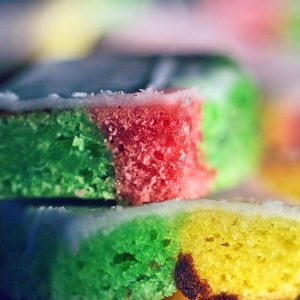
Even if this is indeed what happens, we know for a fact that food-grade carrageenan binds with proteins, which may affect their metabolism. Moreover, even undegraded carrageenan has been found to irritate gut linings and trigger gastrointestinal symptoms in some animal models.
One review also suggests that there is no substantial difference between degraded and food-grade carrageenan when it comes to gastrointestinal effects. Both forms appear to promote cancer cell proliferation and inflammation in animals, but the toxicity level of carrageenan is much lower than that of poligeenan.
Possible dangers and health risks of carrageenan
1. It may alter the gut microbial composition
A 2022 study found that food-grade carrageenan may alter the composition of the gut microbiome in a way that favors inflammation, reduces beneficial bacteria, and supports the growth of pathogens. This may affect the metabolism process, causing symptoms of digestive discomfort like bloating, abdominal pain, diarrhea, indigestion, and allergic reactions.
2. It may damage cell membranes
A 2008 study found low doses of food-grade carrageenan to induce cell death and reduce cell multiplication in animals. However, this cell death was found to be a process of necrosis as opposed to apoptosis. Apoptosis, or programmed cell death, is a natural process that helps kill cancer cells by arresting the cell cycle. Necrosis, on the other hand, is an uncontrolled cell death caused by external factors like injury or disease. It can rupture cell membranes and trigger inflammation, causing cells to lose their integrity.
Researchers suggested that this mechanism may be responsible for carrageenan’s role in inflammatory diseases. Notably, the amount of carrageenan used for this study was much lower than what is found in food products today.
3. It may promote gut inflammation
Numerous animal studies have found carrageenan—both food-grade and degraded forms—to contribute to the development of inflammatory bowel diseases, like irritable bowel syndrome (IBS), Crohn’s disease, and ulcerative colitis. A 2017 study found that carrageenan can increase inflammation in human colon cells by stimulating pro-inflammatory cytokines and disrupting the protective barrier of intestinal walls.
Researchers noted that while carrageenan generates only low levels of inflammation on its own, it aggravates the situation manifold if there is an additional factor, like a pathogen or existing disease. This means that it promotes and amplifies existing inflammation and may worsen gastrointestinal conditions.
4. It may cause insulin resistance
A 2012 study found food-grade carrageenan to impair glucose tolerance and increase insulin resistance in human cells. Researchers suggested that this may be due to changes in gut microbiota and resulting inflammation.
In another 2015 animal trial, carrageenan increased fasting blood sugar levels and led to glucose intolerance. The effect of carrageenan on glucose levels was found to be more severe than a high-fat diet. When carrageenan was given in combination with a high-fat diet (which is what most of us are consuming every day), it increased both fasting sugar and cholesterol levels in mice. Researchers concluded that the presence of high amounts of carrageenan in the western diet may be responsible for the high prevalence of type-2 diabetes.
Does carrageenan cause cancer?
Available data suggest that food-grade carrageenan is not a carcinogen, meaning it will not directly cause cancer. Having been used for centuries, carrageenan is usually well-tolerated by most people. However, this does not mean it is safe for everyone. Some groups appear to be particularly vulnerable to this food additive.
It is also important to note that an average person consumes a much higher amount of carrageenan than what was traditionally used for food preparation. According to some estimates, the daily consumption of Americans has gone up by approximately 5-10 times in the last four decades.
In animal studies and human cell models, increased carrageenan consumption has been linked with increased inflammation and gastrointestinal disorders. In particular, it has been found to aggravate ulcerative colitis—a chronic inflammatory bowel disease that causes irritation and ulcers in your digestive tract. Living with this condition is known to increase the risk of colon cancer.
Many people continue to report an improvement in this condition after eliminating carrageenan-containing foods from their diet. But these reports are considered anecdotal evidence and do not have scientific validity.
Given a lack of data to prove these claims, FDA has given this compound a “generally regarded as safe – GRAS” status. But manufacturers are required to list it as an ingredient on the product label. This empowers consumers by giving them a choice of whether to consume these products or avoid them altogether. Ideally, any food “generally regarded as safe – GRAS” should be consumed in moderation, if at all.
Final thoughts
Degraded carrageenan is a well-known irritant that has been linked with several health problems, including colon cancer. Food-grade carrageenan, on the other hand, is considered safe by regulatory authorities and the WHO. Some animal studies have shown it to cause digestive discomfort and gut inflammation, but large-scale human studies are needed to confirm its adverse health effects in humans.
While carrageenan is well-tolerated by most people, anecdotal evidence suggests that removing it from your diet may offer some digestive health benefits. If you have inflammatory bowel disease or unresolved digestive issues, try eliminating carrageenan-containing foods from your diet. Carrageenan does not have any nutritional value, so you will not be missing out on anything. Instead, try cooking with healthier vegan alternatives like guar gum or agar that have been known to promote gut health. I avoid products containing carrageenan as much as possible.
Remember, “Do Something Everyday that Heals Your Body”
To Your Health!
References
https://www.ncbi.nlm.nih.gov/pmc/articles/PMC1242073/
https://monographs.iarc.who.int/agents-classified-by-the-iarc/
https://monographs.iarc.who.int/list-of-classifications
https://www.ncbi.nlm.nih.gov/pmc/articles/PMC5410598/
https://academic.oup.com/jn/article/138/3/469/4670224
https://pubmed.ncbi.nlm.nih.gov/12389870/
https://www.ncbi.nlm.nih.gov/pmc/articles/PMC1242073/
https://pubs.rsc.org/en/content/articlehtml/2019/fo/c8fo01282b
https://www.ncbi.nlm.nih.gov/pmc/articles/PMC7700686/
https://pubmed.ncbi.nlm.nih.gov/34893247/
https://efsa.onlinelibrary.wiley.com/doi/full/10.2903/j.efsa.2018.5238
https://pubmed.ncbi.nlm.nih.gov/22011715/
https://pubmed.ncbi.nlm.nih.gov/25883986/
https://www.ncbi.nlm.nih.gov/pmc/articles/PMC8539934/

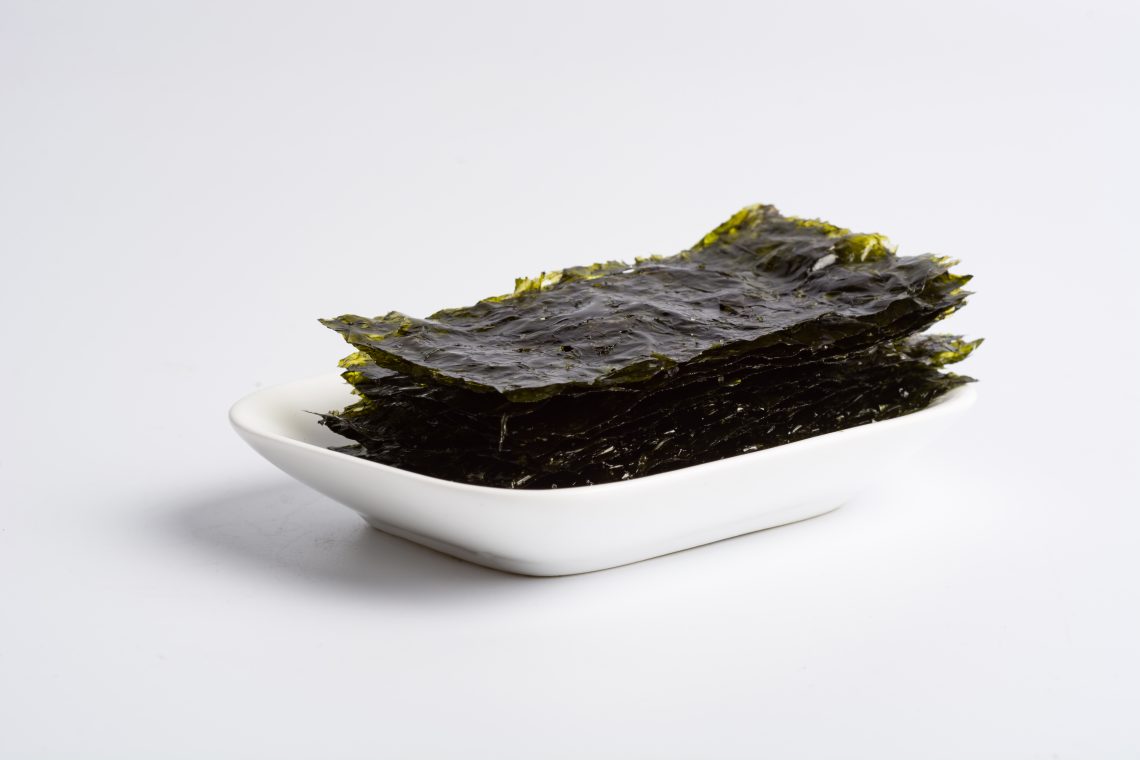








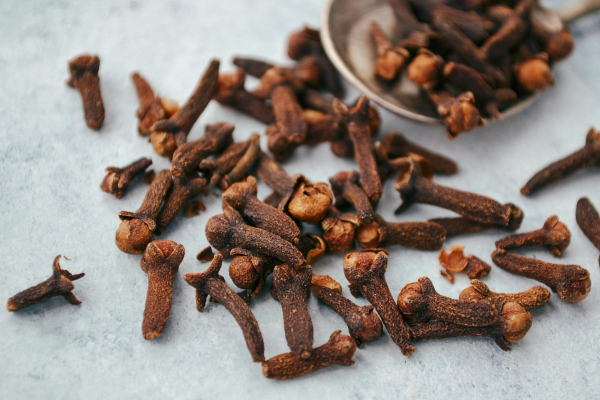
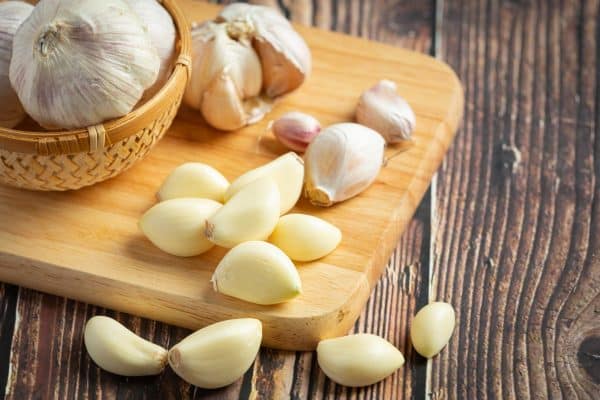


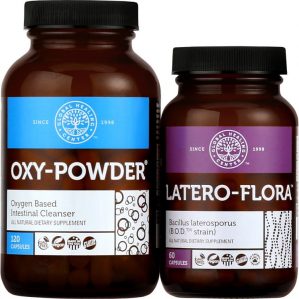
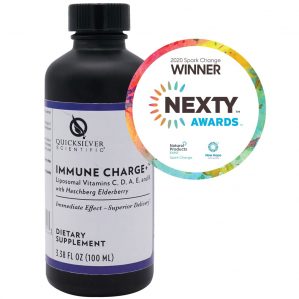













0 Comment